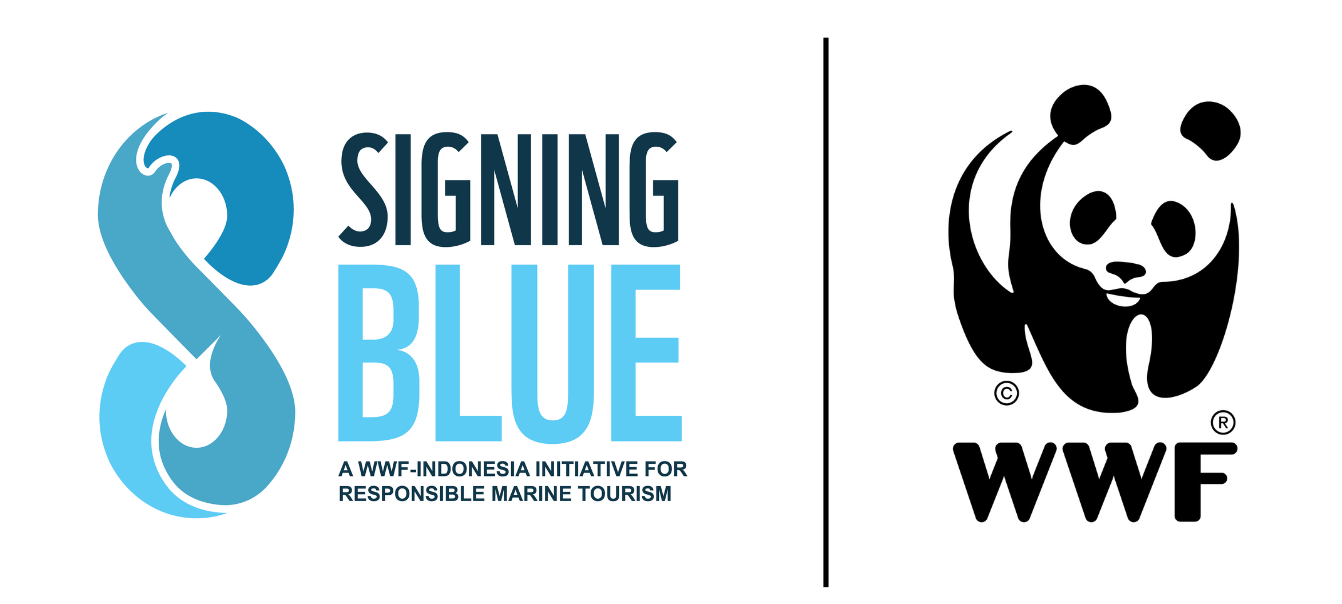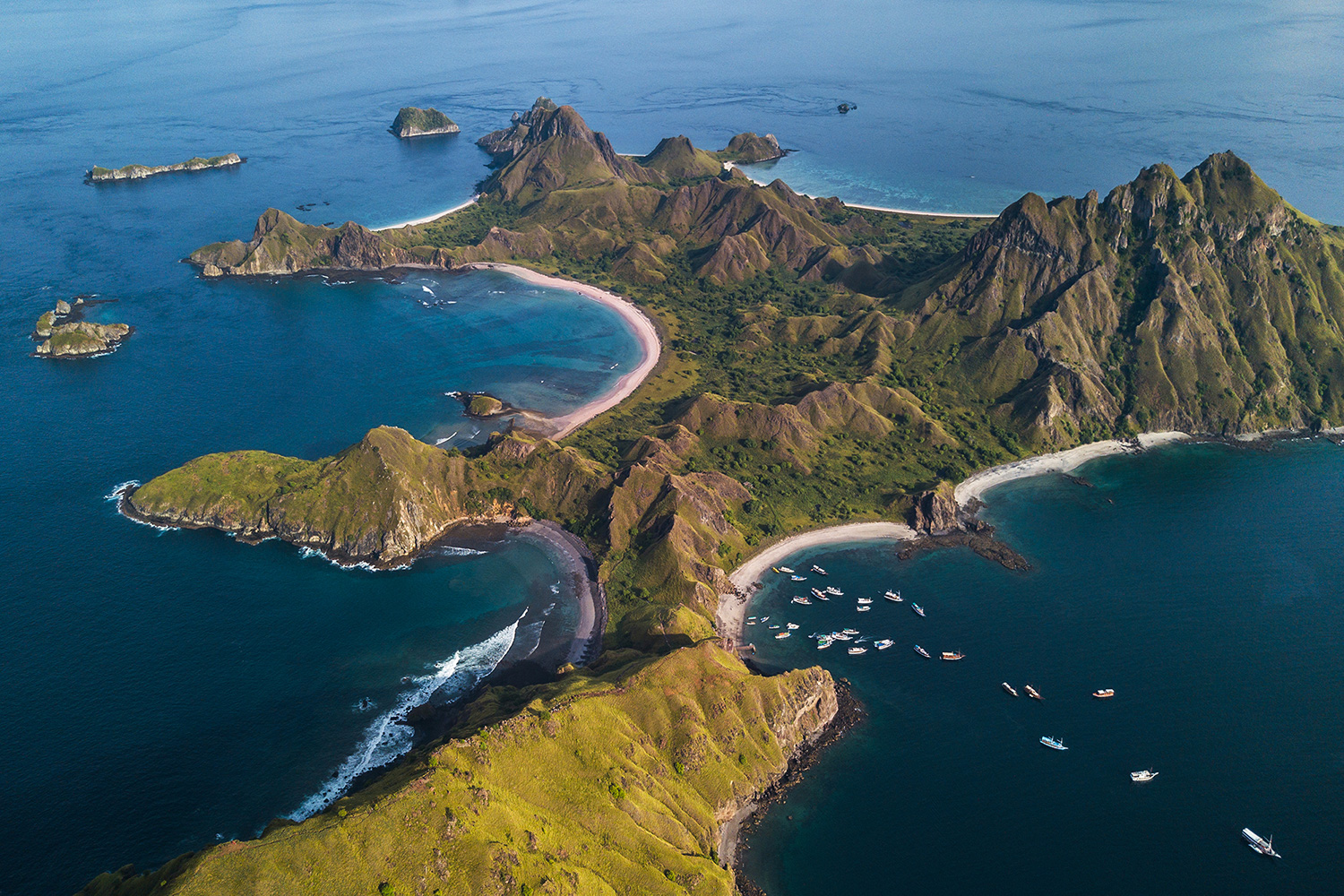Divine Diving is Committed to Enhancing Understanding of Marine Tourism in Labuan Bajo
The rapid development of tourism presents a challenge for all stakeholders involved, not only for the communities who act as players or the government as policymakers, but also for tourism operators who bear significant responsibility in preserving the local environment, social structures, and culture. This preservation is crucial for the sustainability of their businesses, which inherently depend on these three aspects.
The concept of marine tourism understanding was initiated by WWF Indonesia in 2013 under the Signing Blue and Responsible Marine Tourism programs, becoming active in 2016. This program aims to assist tourism operators in enhancing their understanding of responsible marine tourism.
Divine Diving, a member of Signing Blue in Labuan Bajo since 2018, has shown a high level of understanding regarding corporate responsibility towards the environment, social, and cultural aspects of their operational areas. This is evidenced by the assessments conducted by the Signing Blue team and assessors on Divine Diving's business performance. From the first assessment, Divine Diving demonstrated awareness and willingness to engage in responsible marine tourism by involving external parties (government, communities, NGOs, guests, and the public).
Compliance percentages for environmental, socio-economic cultural, and management principles increased from the first to the second year of assessment. Environmental compliance rose from 65% to 99%, socio-economic cultural from 36% to 80%, and management from 91% to 98%.
During the second year's Signing Blue assessment, which involved interviews and observations tailored to Divine Diving's trips, the team visited three dive sites—Batu Bolong, Sebayur Besar, and Manta Point—to evaluate trip activities. Dive guides demonstrated how to brief tourists, explain interaction ethics with protected wildlife, and collect data on manta rays and shark identification.
Divine Diving's responsibility extends beyond wildlife understanding; they also strive to reduce ecological footprints by minimizing water usage and conserving energy through solar panels on their boats. They have established Standard Operating Procedures for the environment, promote responsible tourism materials on their website, and implement WWF Indonesia's best practices in their business operations.
Divine Diving also engages external parties in environmental understanding, influencing partners to adopt responsible marine tourism practices. They organize sessions on area management, facilitate training on the impact of plastics on marine life, stranded marine mammals, and actively monitor the Komodo National Park area.
In terms of socio-economic cultural principles, employees, especially divers, have implemented best practices by promoting tourist destinations and respecting local cultures. They collaborate with local partners and recommend local shops, travel agencies, hotels, and other supporting businesses through Divine Diving's website. Additionally, they support local communities by selling local handicrafts and sourcing company operations from local suppliers.
Signing Blue aims for Divine Diving to achieve a five-starfish rating, indicating full commitment to sustainable and comprehensive marine tourism understanding, both internally and externally, alongside their partners.

